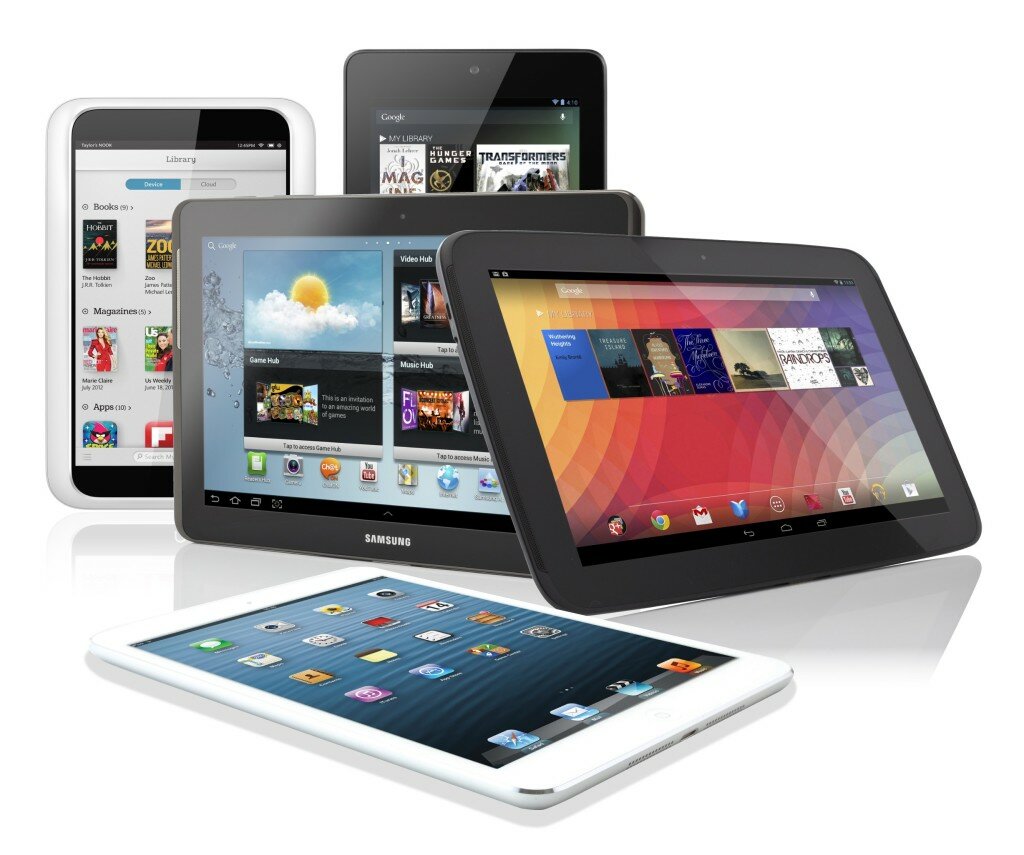
Hello everyone!
Sorry for having been completely inactive for another year. As you can imagine I have been very busy with tying up my second year of medical school, including studying for Step 1 of the boards.
I wanted to write a post because I feel like I could share something useful. I recently got myself a . It has proven to be extremely useful.
But first, let me write about why tablets in medical school are extremely beneficial. Some people go through college without owning a laptop; computer labs are frequently available. However, for effective consumption and production of learning materials, it is obviously a necessary investment for every aspiring physician.
Many medical schools also offer their lectures online, which is even more effective than traditional in-class lectures because students get to stay home, watch videos at double speed, pause to clarify confusions, and generally use their time for studying more effectively. Exploring this topic more would be enough for another blog post, so I am going to leave it at this.
Tablets in medical school are great because they allow you to see lecture power point slides close up, without having to strain your eyes. You won’t have to worry about getting a good seat or about who sits in front of you. In addition, you can annotate directly on or next to the slides, use a search function, look up things as you go, and more. The benefit of a tablet over a traditional laptop is weight and mobility. Most students pack a backpack full of thick medical textbooks and a heavy, bulky laptop is the last thing we want to bring along to the library. There is an economy of how many things one can carry without sacrificing mobility.
In the end, having a smart phone or tablet is a must for a medical student not only to be up-to-date on schedules and emails throughout the day, but also because medical apps are a crucial element in every hospital. Traditional pen-and-paper students are at a disadvantage and need to step up.
For low-budget people, the might be a good option. If you are most concerned with mobility and weight, go with the .
I decided to go with the because it offers the best of both worlds (leight-weight, tablet function, laptop function). However, it is a hybrid. It has no DVD/CD input, no wireless network cable port (but of course) wifi), and is heavier than your standard tablet. But it is also great for writing papers, gaming (if specced fully) and everything you would want to do on a computer.
A great tool in conjunction with a tablet is dropbox, which allows you to sync and backup files on the fly. This is much safer than just a physical backup.
Good apps for annotating PDF/PPT’s are iAnnotate or Notability.
Reasons to get a tablet:
Pros:
- More efficient
- More organized
- Annotations
- PPT up close
- Watch videos
- Lighter and thus more mobile
- Cloud storage is a great way of backing up important files
- Use search function to find the topic, chapter, or notes you took anywhere on your tablet
- You’re going to have to get used to new technology like this, medical apps are standard utilities in hospitals
Cons:
- The physical memory of writing and drawing by hand is a powerful route into human imagination and memory.
You can tell that I am biased towards a tablet. Whether you decide to get an , , or other tablet, all of these have been used and tested greatly in medical school.


